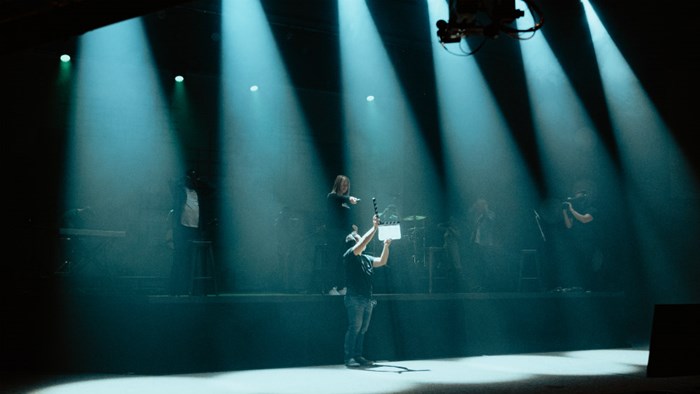Mike Vaughn doesn’t think churches should accept money from the government, normally. But when the administrative pastor of the Palm Valley Church in Goodyear, Arizona, looked at the looming economic crisis brought on by the coronavirus shutdowns, the staff jobs he was trying to save, and the way Congress structured the Paycheck Protection Program (PPP) to be used by religious organizations, he felt different.
“That program is a worthwhile exception to the general rule,” Vaughn told Christianity Today.
Palm Valley is one of more than 88,000 religious organizations that received money from the Small Business Administration as part of the CARES Act, which President Donald Trump signed in March. The CARES Act gave $521 billion in PPP funds to small businesses, nonprofits, and churches between the beginning of April and the end of June. About $7.3 billion went to religious organizations, according to government records.
Providing money to churches was unprecedented and controversial—even among evangelicals. Popular Christian financial advisor Dave Ramsey strongly discouraged churches from taking the money on his radio show, for example.
“It’s a triple don’t do it for churches,” Ramsey said. “Here’s why: You just let the federal government into the management of your organization.”
Chuck Bentley, CEO of Crown Financial Ministries, had similar concerns.
“Is it really manna from heaven? It’s manna from Caesar, that’s for sure,” he said. “What’s it going to look like in terms of the optics in the long term, that this is where the church went for a rescue?”
Vaughn is sympathetic to that point of view. He also understands why those outside the church might be skeptical of religious organizations getting money from the federal government. But the PPP money came with guarantees that the government wouldn’t interfere with the church’s business and it helped the church better serve its community in a time of acute need, Vaughn said. Palm Valley, like about 40 percent of Protestant churches in the United States according to a LifeWay Research survey, decided to apply for the forgivable loan.
The nondenominational megachurch, which has about 5,000 people in two locations on a normal Sunday, received $400,000. The first thing Vaughn did when he got the news was tell the church’s 24 full-time and 20 part-time staff members that their jobs were safe.
“You could tell there were a few folks that let out a sigh of relief,” he said. “We wanted to make sure that we didn’t have people walking around nervous and worrying. There was just too much to do, and so we needed everybody’s head in the game.”
According to Vaughn’s accounting, the church spent 93 percent of the money on payroll. The additional 7 percent went to rent and utilities. The PPP rules say loans will be converted to grants if 75 percent of the funds are used for payroll and the rest for specified needs, including rent and utilities.
The money helped with more than just paying the bills, however. Because Palm Valley’s staff didn’t have to worry about their job security, they were able to focus fully on caring for the church in the pandemic, Vaughn said.
Palm Valley staff called every member of the church to check in every two weeks, praying for them, encouraging them, and listening to their needs. The church also organized a volunteer force to help with several projects, including providing care packages to area hospitals and serving a local food bank.
“I think we still would have done it [without the PPP funds],” Vaughn said, “but we would have been short-handed. It would have been a much heavier lift.”
With their full staff, the church could also better engage the national conversation about racism and policing after the deaths of Ahmaud Arbery, Breonna Taylor, and George Floyd. Palm Valley, which is about 50 percent white and 50 percent African American and Latino, invited African American members to share their experiences of racism with the congregation.
Click here to read more.
Source: Christianity Today

Comments